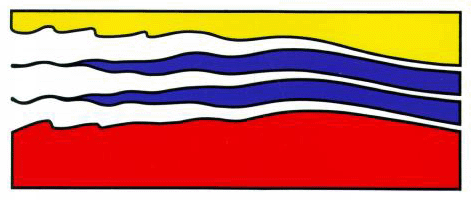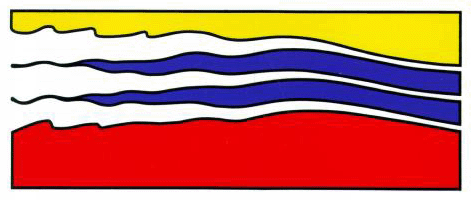
4111 Monarch Way, 3rd Floor
Old Dominion University
Norfolk, VA 23508
757-683-4940


The consequences of climate change in the Delaware Estuary
will be multi-facedted and will interact with ongoing landscape change.
Increased temperature, sea level, salinity, storms, and altered seasonal
precipitation likely will perturb ecological relationships, push some
species past tolerance limits, breach ecological thresholds, and degrade
core ecosystem services. Vulnerabilities to bivalve shellfish, tidal
wetlands, and drinking water were assessed as case studies of natural
resource impacts. Although a few resources may see some benefits from
warming, our analysis suggests that there will be more losers than
winners. Adaptation options were characterized for these case study
resources, highlighting many tough choices that may be required since
funding and expertise to support adaptation will likely continue to be
limited. For example, strategic retreat may be necessary for some
wetlands, we may need to choose which bivalve species are sustained, and
the costs of drinking water protection will likely escalate. Tools are
being developed to prioritize adaptation tactics based on projected
natural capital outcomes. More rigorous scientific information is
needed, including ecosystem models and a watershed-based, climate
monitoring network so that adaptation plans "adapt" to changing conditions.
Danielle Kreeger is a functional ecologist who has focused most of her work on shellfish and wetland systems. After her Ph.D. work at Oregon State University, Dr. Kreeger worked as a post-doc at the Plymouth Marine Biological Laboratory, UK, and then at the Academy of Natural Sciences. She is now science director at the Partnership for the Delaware Estuary and research associate professor at Drexel University. See http://www.delawareestuary.org/who_we_are_staff_kreeger.asp for more information.

|
Innovation Research Park Building I 4111 Monarch Way, 3rd Floor Old Dominion University Norfolk, VA 23508 757-683-4940 |

|